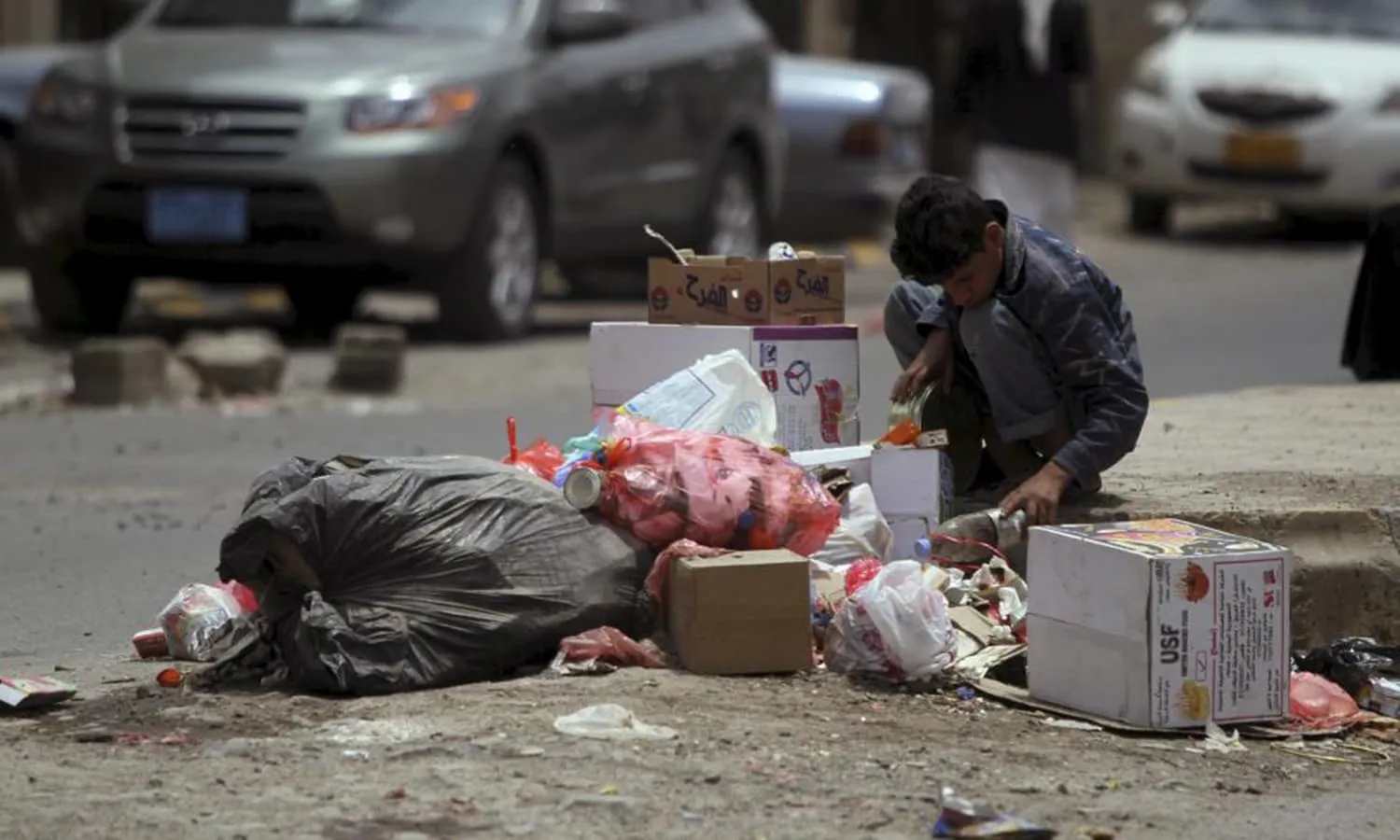Houthi militias continue exploiting mosque podiums and hate-stirring religious discourse to serve an Iran-tailored sectarian agenda in Yemen.
Mosque preachers in Sana'a and Houthi-controlled areas under its control ordered to stop loudspeakers during Tarawih prayers and ordered preachers to follow Friday sermons dictated by Houthi authorities.
Militias also have added verses to Friday sermon speeches, praying for their Iran-armed militants to emerge ‘victorious’ from their fight against the internationally-recognized government headed by President Abdrabbuh Mansour Hadi.
Asharq Al-Awsat learned of an official document issued by the Houthi-run Awqaf Ministry in which mosque preachers were ordered not to open loudspeakers during performing Taraweeh prayers in Ramadan.
They also included the adoption of sermons prepared by Houthis on Fridays. Militias threatened to punish any preacher or cleric which goes against orders.
Millions living in Houthi-run areas suffer tragic living circumstances and face an ongoing 19-month salary cut. Militias continue to refuse paying public service employees in their areas.
In an effort to starve the employees and get them to join combat ranks in return for money, the group stressed to local charities not to distribute any food aid during the month of Ramadan, only after obtaining permission from Houthi intelligence services.
In addition, voluntary activists in Sana'a told Asharq Al-Awsat that Houthis issued instructions to local humanitarian organizations which prohibited them from taking on any humanitarian activities such as distributing food and clothing to needy families in Sana'a.
Any charity will first need a Houthi approved permit to practice its works.
Activists say that Houthi-imposed constraints on humanitarian works aim to eventually help the group appropriate aid offered by charity groups, so that they exclusively overlook distribution and make sure coup loyalists get a more than fair share and pump the rest into war efforts.
More so, the United States expressed deep concerns towards the harassment and detention of Baha'is by the Houthis in Sana’a, Yemen.
Houthis have targeted the Baha'i community in inflammatory speech along with a wave of detentions, “court summons,” and punishment without a fair or transparent legal process.
These actions over the past year indicate a persistent pattern of mistreatment of Baha’is in Yemen. These actions appear to be an effort to pressure Yemeni Baha’is to recant their faith.









